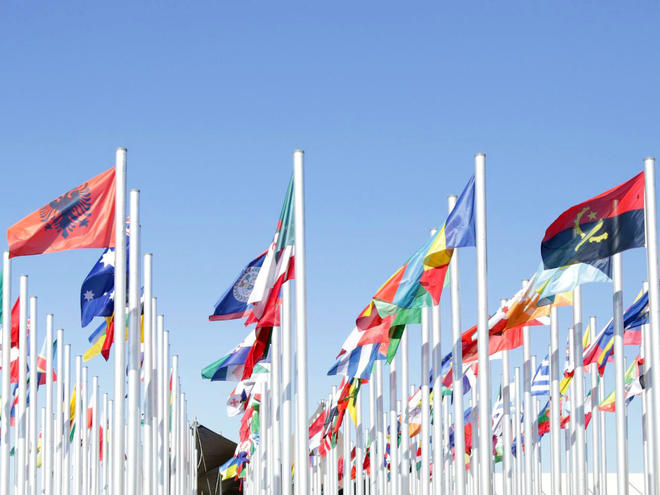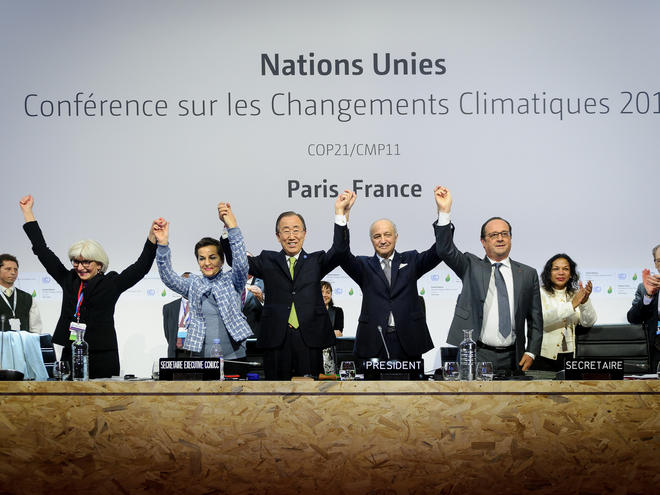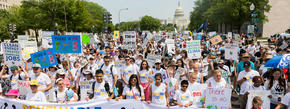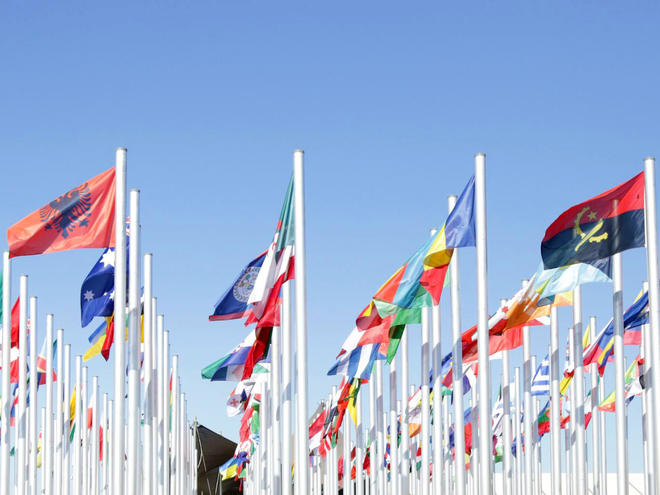COP25: WWF and the international climate talks
Published by the World Wildlife Fund


Climate change impacts all parts of the world, and finding solutions to the challenges posed by such an immense threat will require action from every country. Annual international climate talks are key to effectively addressing the problem.
What is COP23?
Back in 1992, the international community adopted the United Nations Framework Convention on Climate Change (UNFCCC), marking the start of a global effort to confront the problem of climate change. The framework outlines actions to stabilize and reduce the amount of heat-trapping gases—known as greenhouse gases—released into the atmosphere and causing the planet to warm.
Every year, the parties to the agreement attend a ‘Conference of Parties’ to review and assess progress in reaching climate action goals. COP23 is the shorthand name for the 23rd Conference of Parties to the UNFCCC, and will take place from Nov. 6-17 in Bonn, Germany.
The Paris Agreement
The Paris Agreement is the world’s first truly global plan to address climate change. This UN climate agreement was adopted at COP21 in 2015, demonstrating the world’s a collective willingness to take urgent action. The unprecedented pact urges nations to pursue every effort to limit global temperature increase to well below 2°C—and aiming for 1.5°C—to stave off some of the worst impacts of climate change. Importantly, it creates the incentive for nations to continuously strengthen their climate actions over time.
Unfortunately, earlier this year the US federal government announced its intent to withdraw from the Paris Agreement.
But we are still in.
Given the US government’s diminished role in fighting climate change, at this round of negotiations, the real news about US climate action will be delivered by leaders of American business, cities, and states, who will attend this next round of international climate talks as part of the We Are Still In movement. We Are Still In has emerged as the largest US coalition in support of climate action ever, with more than 2,500 leaders across America’s state houses, city halls, board rooms, and college campuses stepping up to say they are still committed to meeting America’s climate goals. Their stories about reducing emissions, embracing clean energy, and preparing their local communities for the impacts of climate change will ensure foreign leaders that America is still facing down the very real threat climate change poses to our nation and the world.
With support from WWF and over two dozen other organizations, We Are Still In has been embraced by the United Nations and applauded by everyday Americans eager to show the world that US leadership on climate change extends well beyond the executive branch of the federal government.

We Are Still In
States, cities, businesses, investors, colleges, universities, and others are working together to achieve the clean energy vision of the Paris Agreement. They are still in, and we are, too.
Expectations for COP23
This round of international climate talks seeks to finalize key details of the Paris Agreement including how countries report progress on meeting their national climate targets and the launch of a process to trigger a new round of national targets by 2020. COP23 will also help world leaders leverage the role that local governments, cities, the private sector, and civil society play in helping nations set and meet their climate goals.
Read the full article at: http://feedproxy.google.com/~r/WWFStories/~3/LGl-XwWTr40/cop25-wwf-and-the-international-climate-talks


